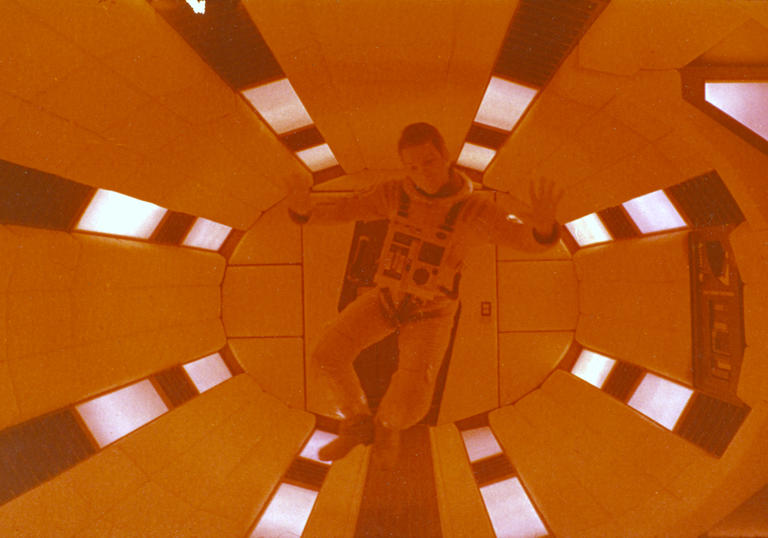
Booking fees
£1.50 booking fee per online/phone transaction.
No fee when tickets are booked in person.
Booking fees are per transaction and not per ticket. If your booking contains several events the highest booking fee will apply. The booking fee may be reduced on certain events. Members do not pay booking fees.

About the speaker
Professor Peter Robinson is Professor of Computer Technology at the University of Cambridge, where he works on problems at the boundary between people and computers. This involves investigating new technologies to enhance communication between computers and their users, and new applications to exploit these technologies. His recent work has included desk-size projected displays, emotionally intelligent interfaces and applications in semi-autonomous vehicles.
Part of Life Rewired
A season exploring what it means to be human when technology is changing everything
Barbican Cinema 1
Location
Barbican Cinema 1 is located within the main Barbican building on Level -2. Head to Level G and walk towards the Lakeside Terrace where you’ll find stairs and lifts to take you down to the venue floor.
Address
Barbican Centre
Silk Street, London
EC2Y 8DS
Public transport
The Barbican is widely accessible by bus, tube, train and by foot or bicycle. Plan your journey and find more route information in ‘Your Visit’ or book your car parking space in advance.




